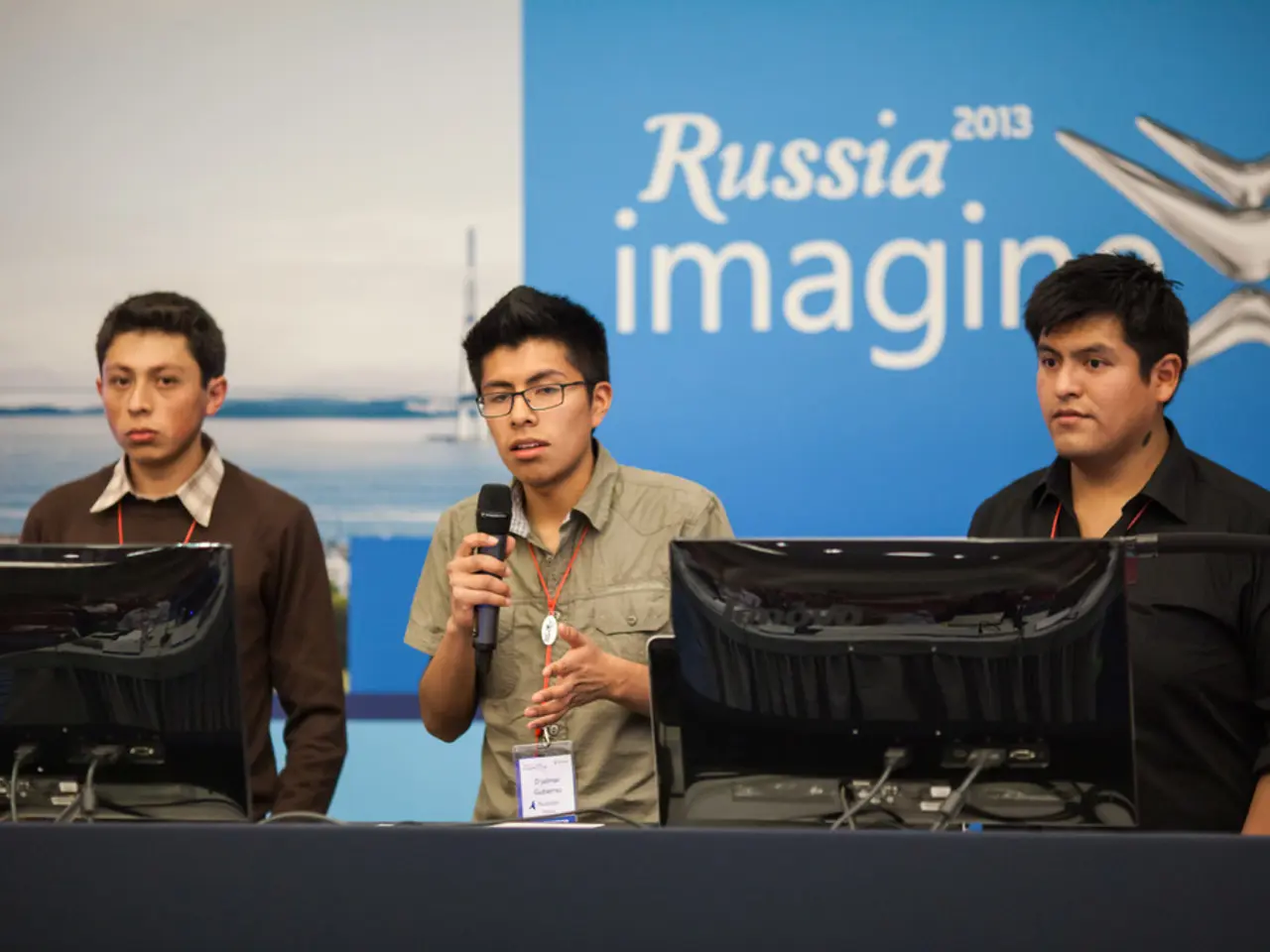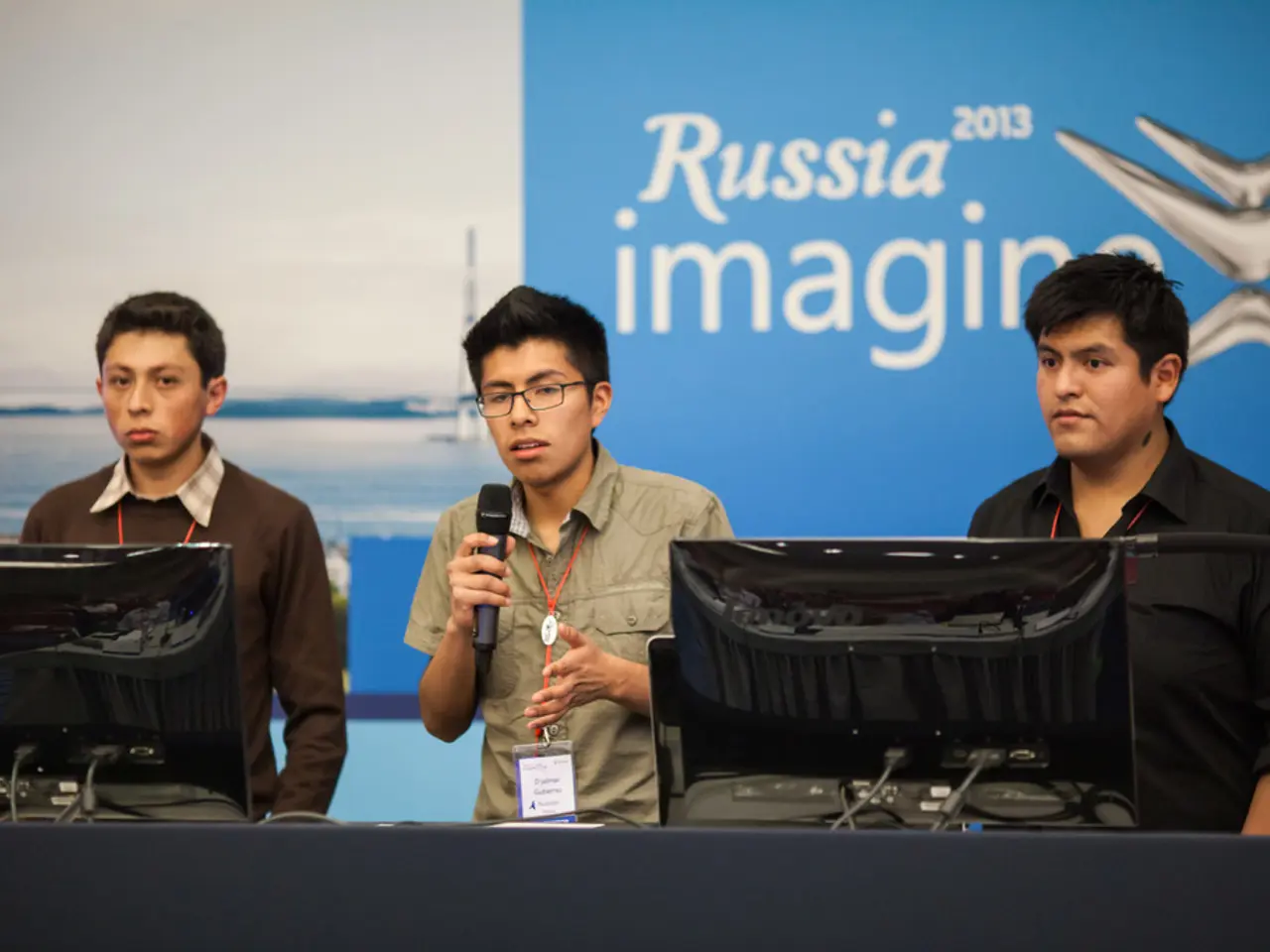Syria withdraws from planned discussions with Kurdish-led SDF in Paris
In a recent turn of events, Syria has announced it will not participate in scheduled meetings with the Syrian Democratic Forces (SDF) in Paris, casting doubt over the integration deal signed by the two sides in March.
The deal, aimed at incorporating SDF forces into the Syrian army under a unified command, has been a contentious issue since its inception. The agreement, if implemented, could stitch back together a country fractured by 14 years of war. However, the process is currently facing significant delays, friction, and threatened breakdown.
The SDF, led by Mazlum Abdi, signed an eight-point deal with Syrian President Ahmad al-Sharaa in March, agreeing to integrate into the Syrian army by the end of 2025. This includes transferring control of strategic assets like the Tishrin Dam, border crossings, airports, and oil and gas fields to the Syrian government.
However, the SDF has been accused by Damascus of violating the deal by hosting separatist figures and resisting full compliance. The SDF leadership, on the other hand, is reportedly trying to delay integration, allegedly seeking to maintain some autonomous status with external support, especially from Israel.
Damascus insists on complete reintegration under one army and one flag, viewing the SDF’s both military and political autonomy as a threat. Syrian officials perceive the SDF’s delay as jeopardizing Syria’s unity and sovereignty.
Turkey, which considers the SDF and its main component YPG as terrorist organizations linked to the PKK, is pressuring both Damascus and the SDF to enforce integration. Turkey supports the Syrian government militarily and politically to dismantle the SDF’s autonomous control in northeast Syria and has indicated readiness to back a military operation if the integration process fails.
The United States, which had supported the SDF against ISIS, has signalled it will not back the SDF militarily against Syrian government forces or Turkey, weakening the SDF’s position.
Potential outcomes based on current trends include a successful integration, military conflict, or continued stalemate and partial autonomy for the SDF. A successful integration would see SDF forces fully absorbed into the Syrian army, with the Syrian government regaining control of all territories, including oil and strategic infrastructure, and decreased regional tensions. A military conflict, potentially with Turkish backing, could result from a Syrian government operation against the SDF if delays persist, risking renewed violence and destabilization in northeast Syria. A continued stalemate could sustain a de facto autonomous region, risking escalating political tensions and undermining Syria’s territorial integrity.
In summary, while the deal aims for a unified Syrian state with integrated armed forces, ongoing mistrust, external influences, territorial control issues, and Turkey’s strategic interests have made the integration effort fragile, with a military clash increasingly possible if political negotiations fail soon.
[1] SANA (Syrian Arab News Agency) [2] The New York Times [3] Reuters [4] Al Jazeera [5] Middle East Eye
The ongoing political negotiations surrounding the integration of the Syrian Democratic Forces (SDF) into the Syrian army, as stipulated in the March agreement, are fraught with mistrust and external influences, leading to significant delays and threats of military conflict. The SDF, seeking autonomy and external support, has been accused by Damascus of violating the agreement, which has further complicated the war-and-conflicts-related politics and general-news surrounding the Syrian peace deal.








